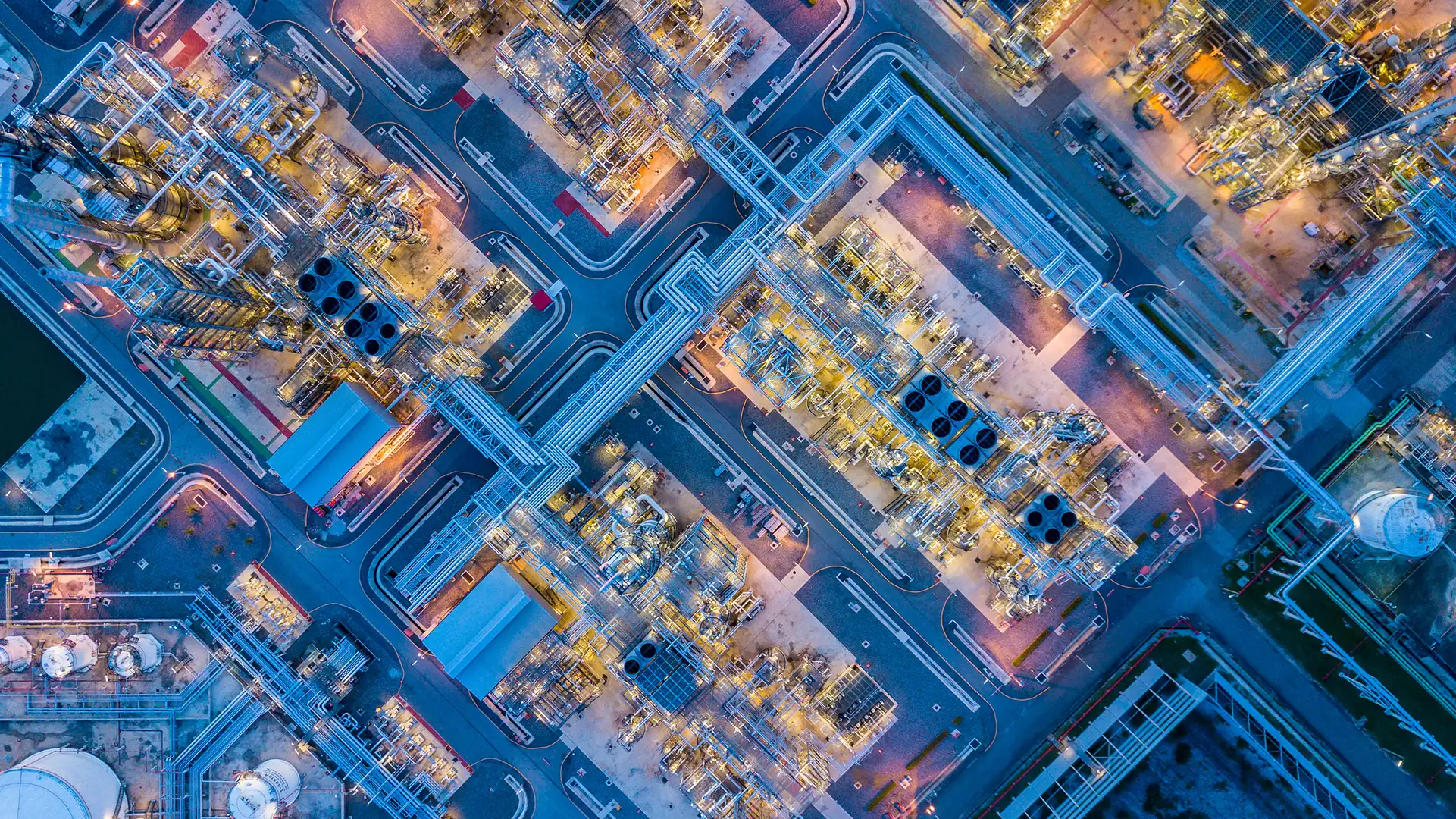
Article
Making our mark on the Middle East
The Middle East could be a driving force behind the world’s energy transition. With the scale of energy production in the region and the strength of ambition to drive a more sustainable future, the Middle East will be key to ushering in the new era of energy. But shifting to a more diversified energy mix is incredibly complex. It will require a dynamic workforce of consultants and engineers to advise, design and advance it.
With a comprehensive approach spanning front end consulting, engineering, project delivery and asset management solutions, Wood’s 3,200-strong regional workforce is doing just that.
Wood's UAE-based President of Operations, Ellis Renforth, explains Wood’s unique approach to decarbonisation, helping accelerate the journey to net zero in the region.
We can all agree that decarbonisation is essential to tackling climate change and building a more sustainable future. While the process of evaluating and understanding the most effective interventions that can be made to reduce emissions intensity is complex, there is much that can be achieved.
Energy companies and countries across the region, including the Kingdom of Saudi Arabia, Iraq, Qatar, Oman, Kuwait and the UAE are committing billions of dollars to decarbonisation projects, technologies and solutions to reduce carbon intensity and meet net zero targets. In the UAE, ADNOC alone has increased their low-carbon solutions budget to $23 billion to grow the company’s domestic and international carbon management platforms and aims to reduce their carbon intensity by 25% by 2030, near zero methane target by 2030 and reach net zero emissions by 2045.
And while the industry advances low-carbon alternatives and technologies over the longer-term, we are advising our clients on immediate emission reduction opportunities that can be implemented now through optimisation and data-driven insights. Our approach enables us to measurably reduce emissions, future-proof operations and actively demonstrate progress on net-zero goals, which in turn boosts investor and societal confidence.
We see emission reduction opportunities at every turn and through the course of all our consultancy, engineering and operational work scopes; from greenfield project development right through to brownfield engineering and maintenance. Our intimate knowledge of asset infrastructure together with state-of-the-art digital tools enables us to advise from the outset, implement meaningful change throughout the project lifecycle, and ultimately transform operations. These aren’t theoretical reductions, they are making a material, real world impact.

We know that by balancing quick to enact asset upgrades and efficiency enhancements while at the same time accelerating the pace of large-scale new energy solutions, we can make a difference today while sustaining a longer-term impact.
A great example is the positive impact we are making in Iraq to lower the carbon output of operations. Ongoing production from mature infrastructure results in a significant amount of flared gas, a key challenge when it comes to mitigating the carbon impact of national energy production.
Our team is delivering the world’s largest flare gas reduction programme in Iraq where we are repairing and modernising infrastructure to drive operational efficiencies and reduce carbon impact. Over the past decade, this programme of work has delivered reductions of over 10 million tons of CO2 per year and the improvements made have enabled our client to capture and repurpose gas that would otherwise be flared. This is decarbonisation in action: small but purposeful changes implemented over time, making a big impact.
Equally, as we look to the future, we are working with a regional client to deliver a carbon capture project that will have a material impact on global carbon storage capacity – enabling not only the decarbonisation of energy, but also the capture of emissions from other, hard to abate industries. This is a great example of the expertise of the energy industry leading the way for other sectors in the race to net zero.
The energy industry is on a journey to decarbonise, but we need to go faster. As we do that, Wood’s 35,000 engineers and consultants are at the forefront of advising, designing and advancing a low-carbon future for our clients. Our expertise is making a near-term impact while also enabling long-term sustainable solutions to the energy transition. We’re proud to be growing our team here in the Middle East as we scale that impact across the region.